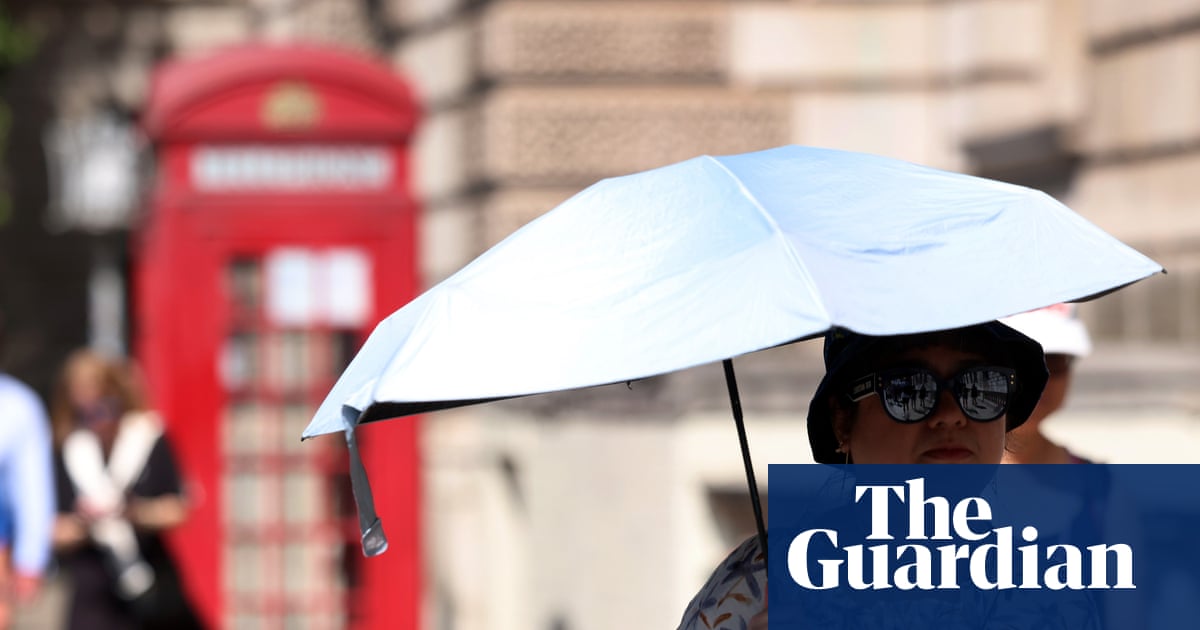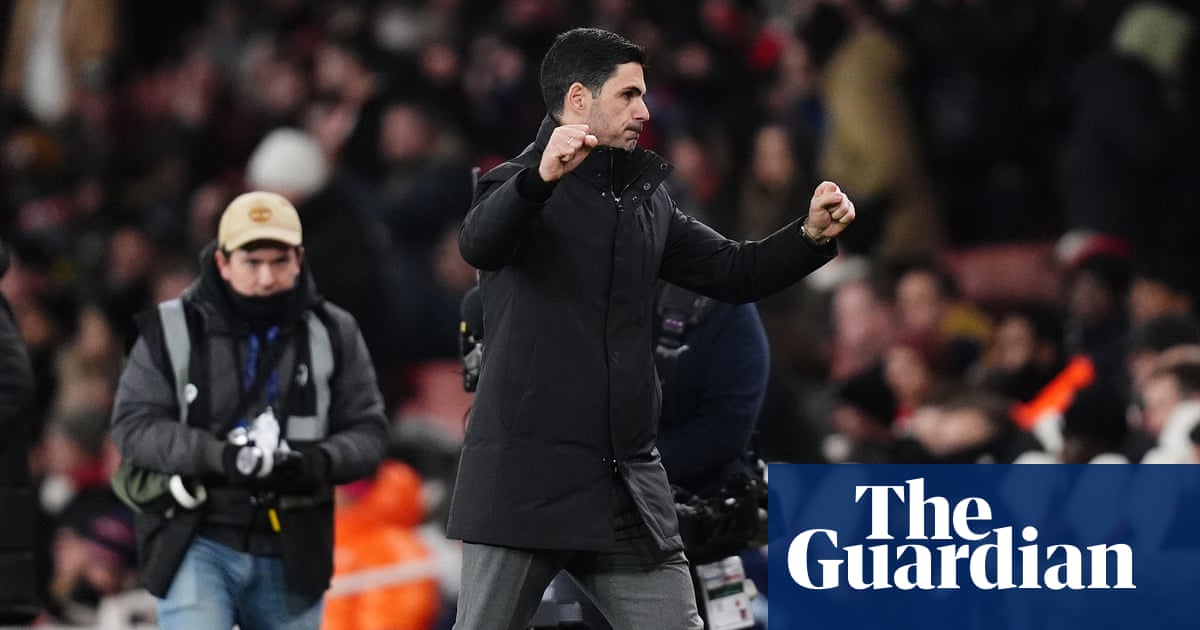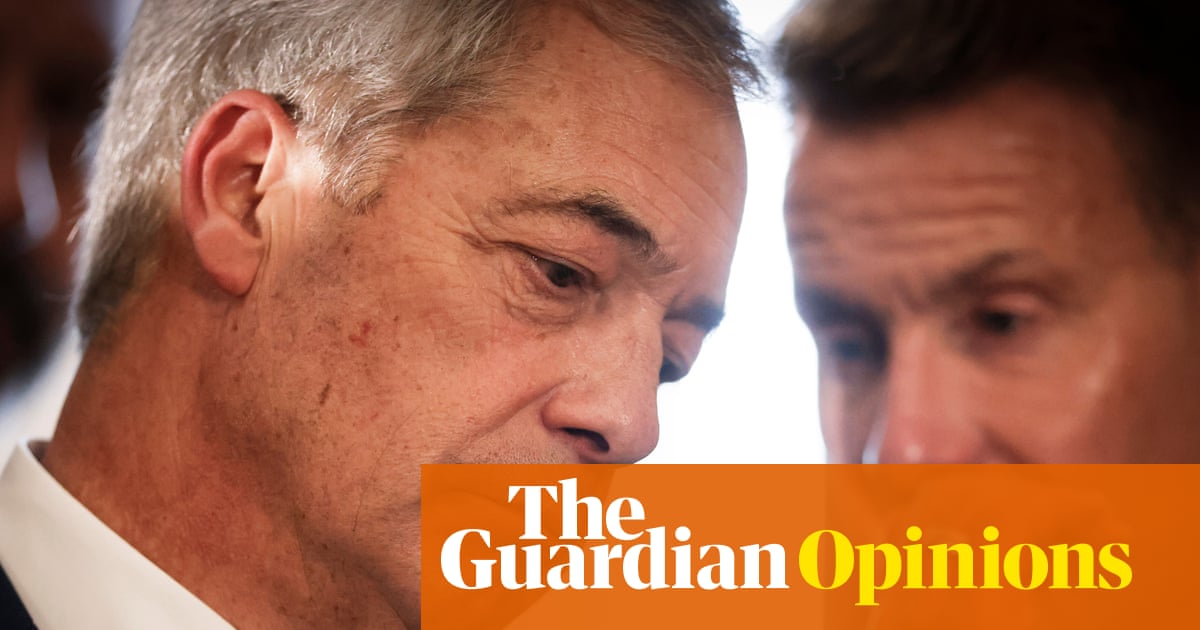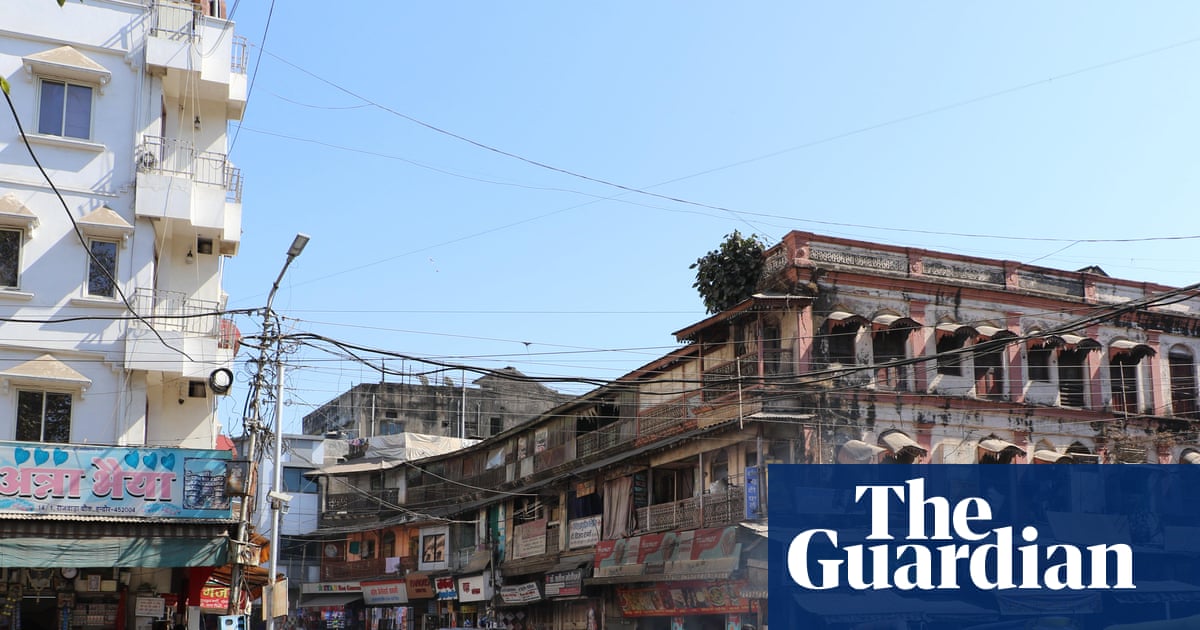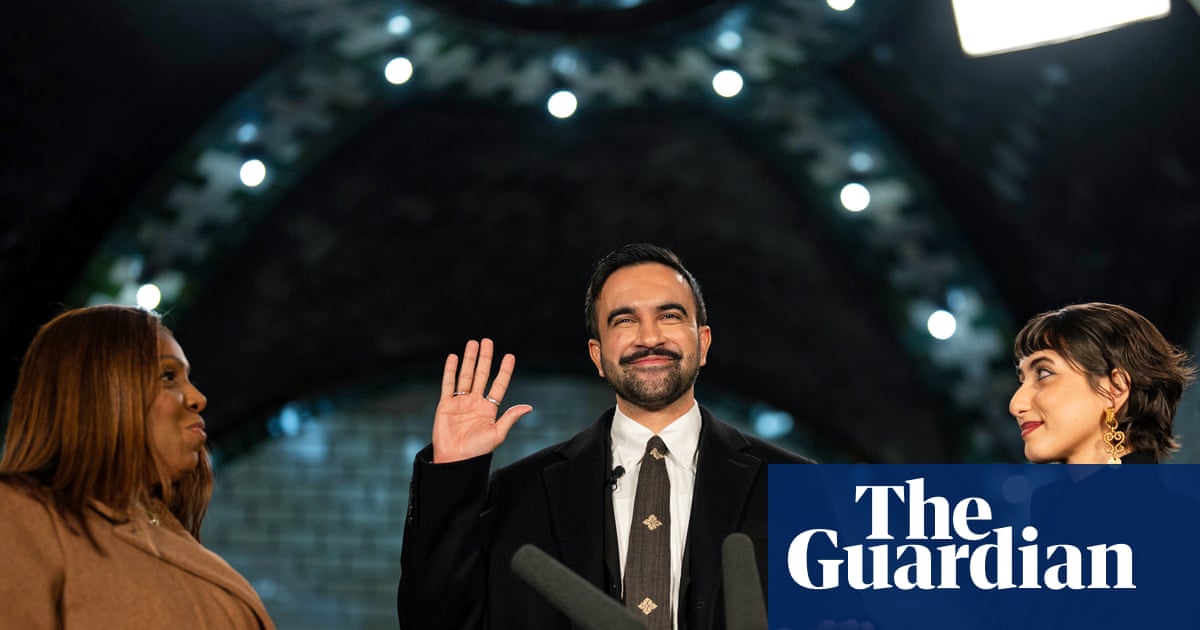

When Ursula von der Leyen made her pitch to become president of the European Commission back in 2019, she put the “European way” at the heart of her appeal. Under her direction, she said, Europe would be a principled power built on multilateralism, fair trade and the rules-based order, standing firm and united against authoritarianism, protectionism and the politics of zero-sum thinking.
Six years on, she is again calling on Europe to “fight” for that future. But the vision is fading fast. This summer brought a cascade of negative headlines decrying Europe’s “humiliation”; it was the worst in years, if not in a century, some critics said. All pointed to the same reality: European leaders, fearing both a trade war and the loss of US support for Ukraine, had bowed to the wishlist of the Trump administration and left their tariff-retaliation toolbox untouched. Τhey lavished the US president with praise and applauded an agreement that was anything but balanced. Dressed up as pragmatism, it felt like capitulation to many Europeans.
But the issue runs much deeper than a lopsided trade “deal”. Europe’s overt submission to Trump is emblematic of a broader malaise. EU leaders and institutions are not only bending to the hardening authoritarianism across the Atlantic. They also routinely placate far-right forces at home. In doing so, they corrode the very values and principles – democracy, rule of law, open markets and climate responsibility – that they claim to uphold. And often, with a tone of moral superiority, remind others to follow.
The pattern plays out across several policy areas.
In recent years, EU migration policy has become a clear marker of how Europe’s values have drifted. Under pressure from the far right, EU governments and institutions alike are framing migration as a threat instead of a source of strength for Europe’s societies and economies. This has consequences for the rule of law and human rights. Illegal pushbacks are routinely tolerated. NGOs conducting rescue missions in the Mediterranean face obstruction. And “migration deals” with countries such as Tunisia effectively outsource Europe’s accountability to governments that openly flout human rights. The Schengen Agreement, once a symbol of European integration, risks becoming collateral damage as temporary border checks turn semi-permanent in several EU countries under the pretext of migration pressure.
A similar political dynamic has begun to undermine the EU’s climate ambitions. The European Green Deal, once hailed by Von der Leyen as “Europe’s man-on-the-moon moment” has increasingly fallen prey to a far-right crusade casting climate policies as an elite imposition burdening farmers, businesses and ordinary citizens. Centre-right parties, eager to capitalise on the momentum, have joined in. They profess commitment to Europe’s climate ambitions. But instead of making a forthright case for the Green Deal’s economic and societal benefits, and engaging in a serious debate among democratic forces on the best path forward, these parties have increasingly chosen to dilute or delay key measures – even if it means aligning themselves with parties on the far right, and far from the EU’s democratic centre.
Many of these decisions are defended in the name of pragmatic realism. Submission to Trump, some argue, buys Europe time since de-risking, strengthening defence and implementing deeper reforms cannot happen overnight. Stricter migration policies are presented as reflecting the will of the overwhelmed people, irrespective of possible human rights violations. Climate ambitions are to be slowed until economic growth and innovation “catch up”. And with elections always looming somewhere in the EU, many mainstream parties warn they must act on voters’ “real issues” or risk handing victory to the far right.
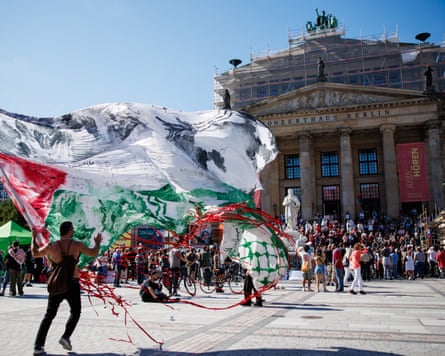
Under pressure from illiberal forces at home and abroad, leaders are increasingly deciding to trade longstanding principles for the illusion of stability. However, history shows this damage-limitation strategy cannot win over authoritarian actors. And each concession chips away at the stigma that once kept far-right ideas at the margins. What was once extreme is increasingly treated as normal, putting the rule of law and democracy under strain across the continent. The problem is no longer confined to specific policy areas or individual member states such as Hungary or Slovakia. From German local authorities attempting to oppress pro-Palestinian demonstrations, Italy’s prime minister discrediting the judiciary for blocking her migration policies, the European People’s party campaigning in Brussels to delegitimise NGOs, to several EU governments calling to reinterpret the European convention on human rights, a dangerous pattern is emerging across the EU.
Once European leaders begin treating fundamental rights, the courts and civil society as obstacles to the popular will, they open the door to a dangerous slide, where upholding values shifts from obligation to discretion.
after newsletter promotion
Nowhere is this selective application of values more glaring than in the EU’s response to Gaza. Its persistent failure to take meaningful action against Israel’s flagrant violations of human rights and international law risks leaving a lasting scar on its global credibility. Even the commission president’s freezing of bilateral support for Israel, and proposal to sanction extremist ministers and violent settlers and partially suspend the EU-Israel association agreement, came only after two years of inaction.
Europe cannot afford to forget a fundamental truth: values and principles are not luxuries to be set aside when the pressure mounts. Defending them is not naive idealism – it is a strategic necessity, both to counter authoritarianism at home and to shape a rules-based, multipolar world abroad.
If European leaders remain still and silent, hoping Trump will simply fade away, they risk giving up not just their dignity but their political agency. By doing so, they are allowing far-right forces to fill the void and tilt the balance permanently. Globally, the only viable path is to build new partnerships – but these will only take root if Europe remains united and defends the values it professes to hold with the same conviction it demands from others. The same is true at home: placating the far right by adopting far-right policies does not neutralise extremism: it legitimises it and hollows out the union from within. Instead, Europe must actively champion pluralism, the rule of law, open societies and climate action as sources of strength.
If the “European way” is to mean anything, Europe must finally stand up for what it stands for – not just in words, but in action.
-
Thu Nguyen is deputy director of the Jacques Delors Centre at the Hertie School in Berlin. Jannik Jansen is a policy fellow at the same institute

 3 months ago
50
3 months ago
50


